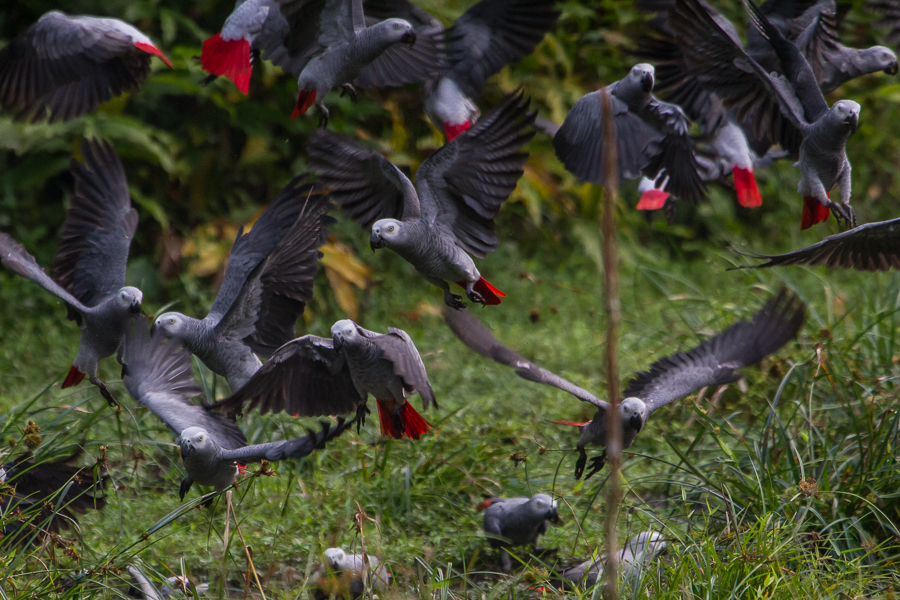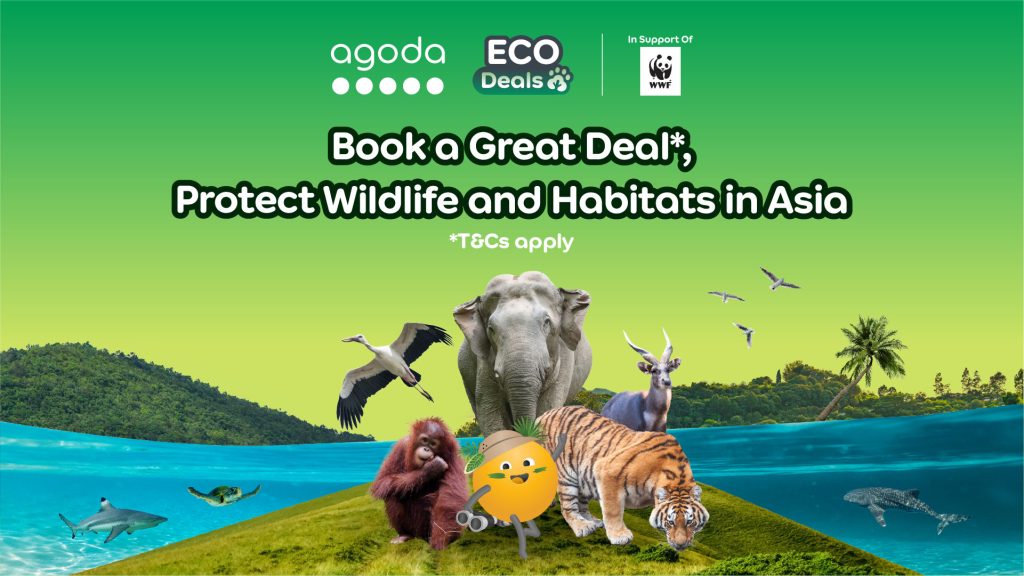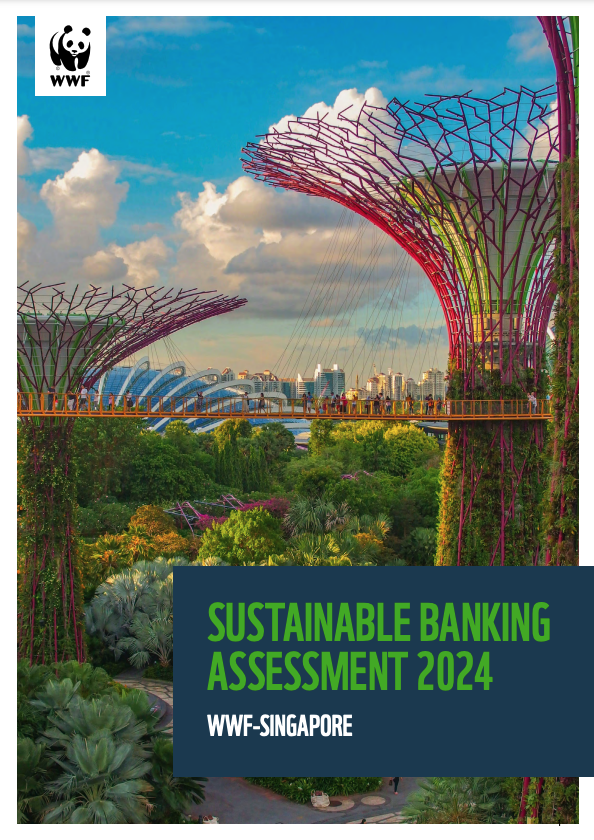The world took a major step today towards saving the threatened African Grey Parrot – one of the world’s best known and most highly coveted birds because of its extraordinary ability to learn and imitate human speech.
After considerable debate at the CITES conference in Johannesburg, countries voted 95 to 35 to list the species on Appendix I, prohibiting all international trade in wild parrots.
“A total ban on international commercial trade in wild African grey parrots is a huge step forward and will help to protect this extraordinary species from the rampant trapping and trading that has contributed to population collapses and local extinctions across Africa in recent decades,” said Dr Colman O Criodain, WWF Global Wildlife Policy Manager.
“Fraud and corruption have enabled traffickers to vastly exceed current quotas and continue to harvest unsustainable numbers of African grey parrots from Congo’s forests to feed the illegal trade. Banning the trade will make it easier for law enforcement agencies to crack down on the poachers and smugglers, and give the remaining wild populations some much-needed breathing space,” added O Criodain.
The proposal to uplist the species from Appendix II to Appendix I was submitted by seven African nations – Gabon, Angola, Chad, Guinea, Nigeria, Senegal and Togo – as well as the USA and the EU.
Wild populations of African grey parrots have been greatly reduced due to the pet trade and destruction and fragmentation of their habitat. It is estimated that the populations have decreased by over 50 per cent in many areas. In Ghana, where Grey parrots were once common and widespread, populations have declined between 90 and 99% since the early 1990s.
The species has already gone extinct or survives in very low numbers in Angola, Benin, Burundi, Ivory Coast, Ghana, Guinea, Guinea-Bissau, Liberia, Nigeria, Kenya, Rwanda, Tanzania and Togo.
In 2012 it was uplisted to Vulnerable on the IUCN Red List of Threatened Species on the basis of the ‘extent of the annual harvest for international trade, in combination with the rate of ongoing habitat loss’.
The majority of exports now originate in the Congo basin, where rapid increases in trapping activity have been recently documented as trappers and traders move into new areas following localised collapses elsewhere.
“Current regulations have singularly failed to halt the over-exploitation of the African grey, which is being trapped and traded towards extinction in its last major bastion in the Congo basin: a total trade ban was absolutely essential,” said O Criodain. “But it will not be enough on its own, existing illegal networks will continue to plunder parrots from Central Africa’s forests until countries target the traffickers running the show.”
African grey parrots are highly vulnerable to overexploitation. They are slow to reproduce, only breeding at around 3-5 years of age and producing one to two chicks each year. Their gregarious social behavior at roosting, feeding and breeding sites also makes them easy targets for trappers. Targeting adult birds thus has a catastrophic effect on the population.
Unsustainable levels of harvesting have been due to badly set quotas, poor regulation and management of trade, exceeded quotas, fraudulent permits, high pre-export mortality, and a large illegal trade.
There is a vibrant global trade in captive bred African Grey parrots. Breeders will still be able to export their parrots as long as their facility is registered with CITES. South Africa is currently the largest exporter of captive-bred Grey parrots.















